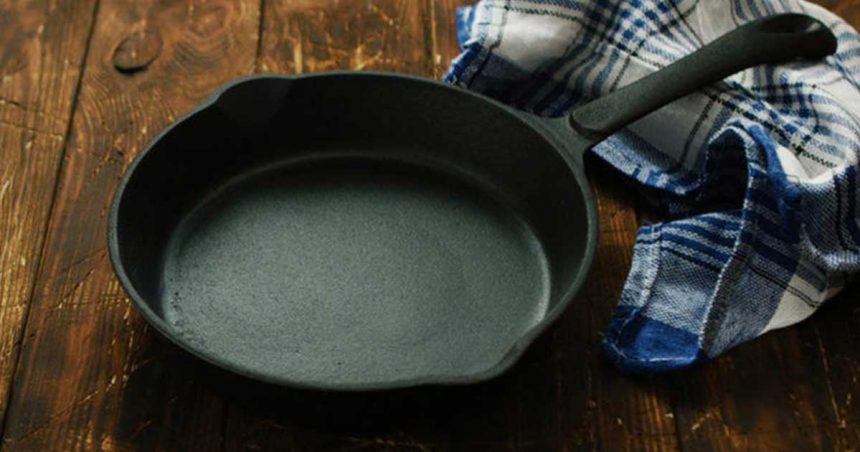Cooking with cast-iron pans is a beloved tradition for many, but there are certain foods that are not well-suited for this versatile tool. While cast iron is great for one-skillet meals and can handle a variety of dishes, there are some foods that are best cooked in a different type of pan.
Delicate Fish:

Delicate fish like trout or tilapia may not fare well in a cast-iron pan due to its heat retention. Stick to non-stick pans for these, but heartier fish like salmon are a great match for cast iron.
Eggs and Other Sticky Things (for a while):

While well-seasoned pans can handle sticky foods like eggs, it’s best to use a non-stick pan for these until your cast iron is seasoned enough.
Acidic things—maybe:

There’s some debate on whether acidic foods should be cooked in cast iron pans. While some believe it can affect the seasoning, others disagree. If the pan is discolored, a baking soda scrub can help restore it.
Smelly Foods:

Strong-smelling foods like garlic, peppers, and some fish can leave lasting smells in your cast iron pan. To remove the odors, bake the pan for 10 minutes at 400ºF and avoid cooking sensitive foods immediately after.
Anything That Overcrowds The Skillet:

Avoid overcrowding the skillet with too much food as it can affect the quality of the dishes. This is especially important for ensuring even cooking.
For enamel-coated cast iron pans, these guidelines may not apply. But for traditional cast iron, it’s best to follow these tips for optimal cooking results. And remember, cast iron pans are durable and can handle some mistakes, with plenty of resources available for cleaning and maintenance.
H/t Southern Living
Read More: The Truth About Cast Iron Pans: 7 Myths That Need To Go Away
This content has, in part, been generated with the aid of an artificial intelligence language model. While we strive for accuracy and quality, please note that the information provided may not be entirely error-free or up-to-date. We recommend independently verifying the content and consulting with professionals for specific advice or information. We do not assume any responsibility or liability for the use or interpretation of this content.






